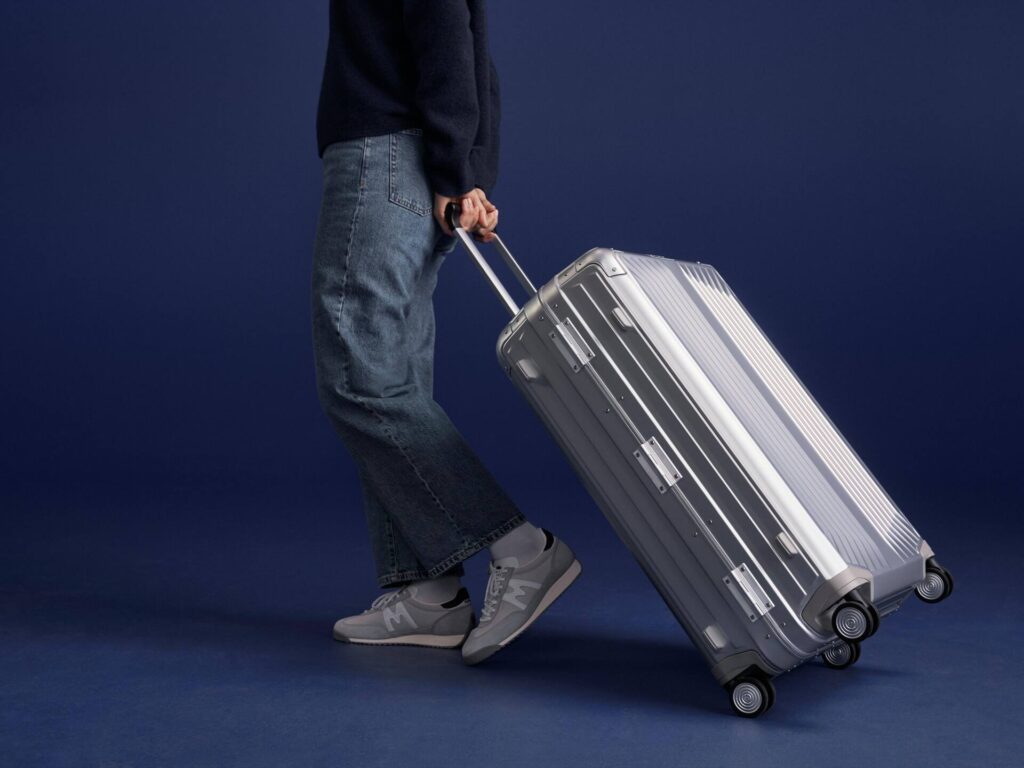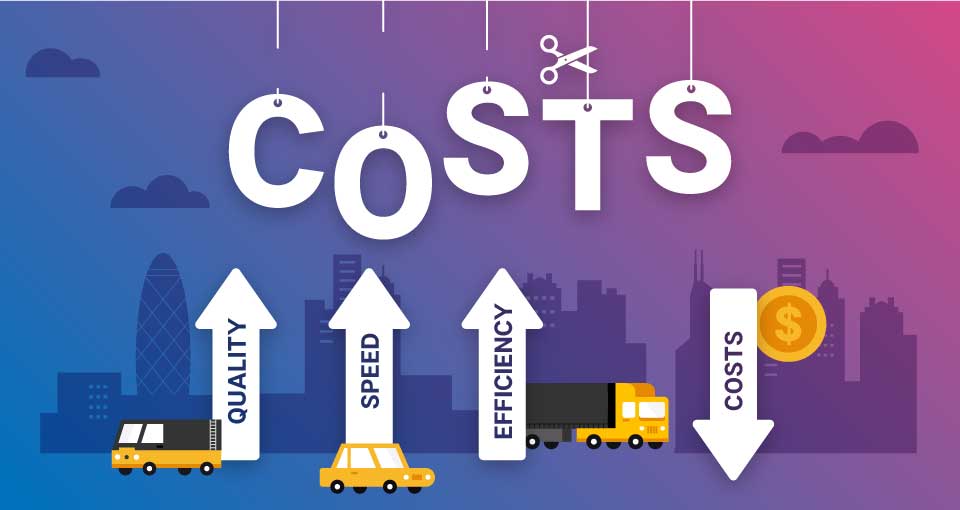When planning a trip, it’s easy to overlook potential costs that may arise during your journey. Unexpected travel expenses can quickly eat into your budget if you’re not prepared. Here are some common unexpected travel costs and tips on how to avoid them.

1. Baggage Fees
Many airlines charge hefty fees for checked luggage or carry-on bags that exceed size or weight limits. To avoid these costs, try to pack light and fit everything into a carry-on bag. If you need to check luggage, consider flying with airlines that offer free checked bags or use travel hacks like packing efficiently with compression bags.
2. Last-Minute Hotel Upgrades or Changes
Hotel costs can add up quickly if you book at the last minute or opt for last-minute upgrades (like choosing a premium room). To avoid paying more, book your accommodations in advance and stick to your budgeted room type. If your original hotel is fully booked or more expensive than expected, use comparison websites to find alternatives that fit your price range.
3. Tourist Fees and Activities
Tourist attractions often charge high entrance fees or additional costs for guided tours and special exhibits. To minimize these costs, research free activities and look for discounts, passes, or combo tickets that cover multiple attractions. Many cities offer tourist passes that provide discounted access to top sights.
4. Currency Exchange Fees
Exchanging money at airports or through certain ATMs can come with unfavorable exchange rates and high service fees. Avoid this by using credit cards that don’t charge foreign transaction fees or withdrawing cash from ATMs that offer the best exchange rates. You can also plan ahead and exchange money at local banks before you travel.

5. Transportation Costs
Taxis and rideshare services can quickly accumulate, especially in tourist-heavy areas. Instead, opt for public transportation or look into ride-sharing apps that offer flat rates. Many cities also have affordable bike-sharing or walking tour options.

